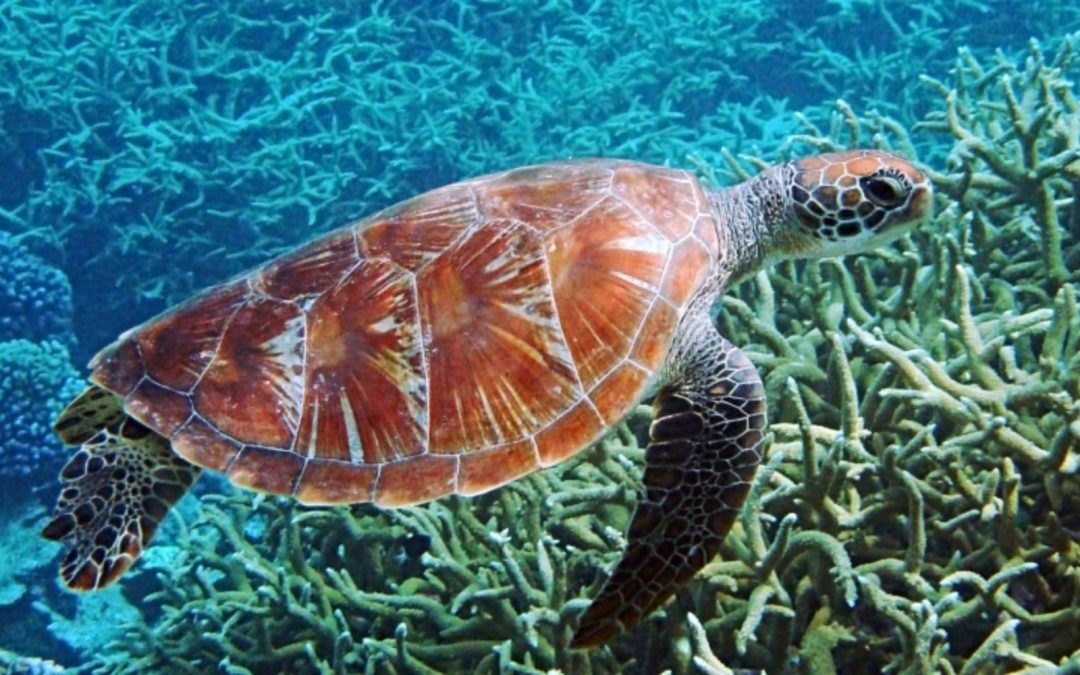A million animal and plant species are now at risk of extinction, according to a soon-to-be-released report from the Intergovernmental Science-Policy Platform on Biodiversity and Ecosystem Services (IPBES).
This represents an average of around 25% of the world’s plants and animals (the percentage of species facing extinction varies by group), most of which face extinction in the next decade if current trends hold.
The extinction rate worldwide is estimated to be 10 to 100 times above the historic average.
Key findings from the forthcoming IPBES publication were released on May 6 as an advanced, unedited summary, with a webcast recording of a plenary session focused on the report taking place the same day.
A majority of land (75%) and marine environments (66%) worldwide have been altered by human activity.
A third of fish stocks were being used at unsustainable levels, compared to 66% used at the maximum sustainable level with only 7% under sustainable levels. More than 85% of wetlands no longer exist.
Species diversity is also declining, which will result in ecosystems that are “less resilient against future climate change, pests and pathogens.”
Agricultural or livestock production is now taking place on over 33% of the world’s land, with 75% of freshwater resources devoted to these endeavors. Production levels are declining on nearly a quarter of the world’s land.
A higher volume of plastics entering water systems (“a tenfold increase since 1980”) along with fertilizers are creating “dead zones” in oceans. There are over 400 such zones – combined, they are larger than the United Kingdom.
Driving many of these trends is a focus on economic expansion and productivity using unsustainable practices that have trumped concern for conservation and restoration of the world’s ecosystems.
“The overwhelming evidence of the IPBES Global Assessment, from a wide range of different fields of knowledge, presents an ominous picture,” said IPBES chair, Sir Robert Watson, in a May 6 press release announcing the report’s key findings. “The health of ecosystems on which we and all other species depend is deteriorating more rapidly than ever. We are eroding the very foundations of our economies, livelihoods, food security, health and quality of life worldwide.”
“The report also tells us that it is not too late to make a difference, but only if we start now at every level from local to global,” he said.
The summary of the report’s key findings is available here.


